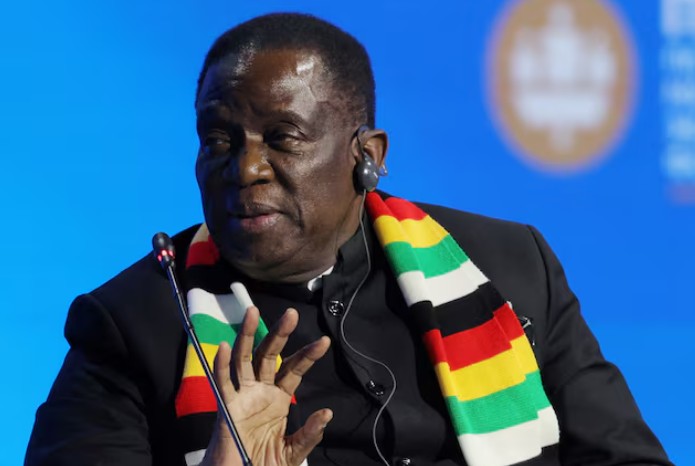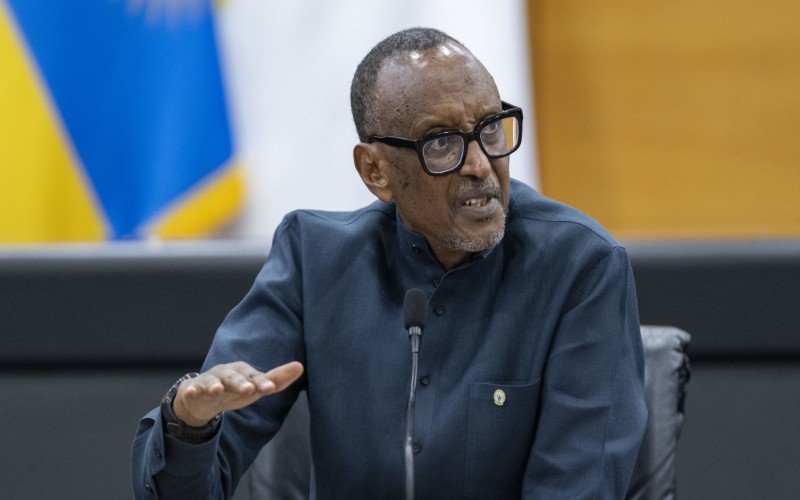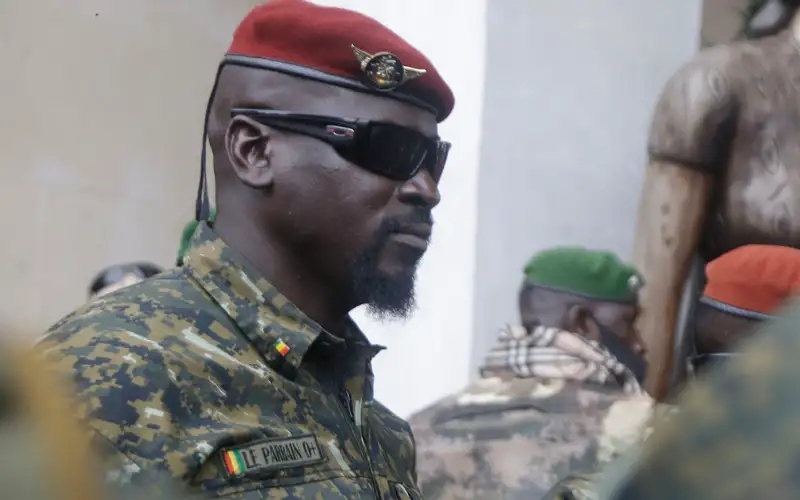Zimbabwe's ZANU-PF proposes constitutional amendment to keep Mnangagwa in power

The announcement was met with jubilation from ZANU-PF members, even though Mnangagwa, 83, is constitutionally required to step down in 2028 after two terms and extending his stay in power would need a constitutional amendment.
Zimbabwe's ruling ZANU-PF has announced that it will commence legal plans to extend the term limit of President Emmerson Mnangagwa by two years, potentially keeping him in power until 2030.
Reports indicate that the move was proposed by Justice Minister and ZANU-PF legal secretary Ziyambi Ziyambi during the party's annual conference in Mutare on Saturday, who said that draft legislation to amend the constitution will be introduced.
More To Read
- Zambia pledges support for removal of Western sanctions on Zimbabwe
- Venezuela closes embassies in Norway and Australia, opens new ones in Africa amid tensions with the West
- Zimbabwe officially launches bid for UN Security Council seat
- SADC chairmanship: Will Andry Rajoelina maintain Emmerson Mnangagwa's momentum?
- EAC, SADC agree on unified framework to speed up peace process in eastern DRC
- Zimbabwe return to Rugby World Cup after 34 years with thrilling win over Namibia
The announcement was met with jubilation from ZANU-PF members, even though Mnangagwa, 83, is constitutionally required to step down in 2028 after two terms and extending his stay in power would need a constitutional amendment.
Mnangagwa has often said that he respects the country's constitution and has no plans to stay in power beyond his term. However, some of his allies have been quietly campaigning for him to remain in office since last year's disputed election, a move that has met open resistance from Vice President Constantino Chiwenga's camp.
The rift has exposed an intensifying power struggle within ZANU-PF, with one camp backing Mnangagwa's continued rule and another aligning behind Chiwenga, an ex-army chief who helped oust Robert Mugabe in 2017.
Mnangagwa did not address the term-extension proposal during his closing speech at the party conference, while Chiwenga has yet to comment on the matter or the recent protests.
Opposition leaders have warned that any move to change the constitution will be challenged in court.
"We will defend the Constitution against its capture and manipulation to advance a dangerous, unconstitutional anti-people agenda," opposition lawyer Tendai Biti said in a statement on X.
Mnangagwa came to power after Mugabe's ouster, promising political and economic renewal, but his rule has been marked by worsening inflation, job losses and corruption scandals. Critics have also accused his government of silencing opponents, undermining the courts and staging elections that lack real competition.
On Friday, for instance, police arrested ten elderly activists in Harare for allegedly organising a protest calling for Mnangagwa's resignation.
They were charged with attempting to incite public violence and are being held as they await a bail hearing on Monday. Earlier this year, nearly 100 youths were detained in similar protests.
Top Stories Today












































